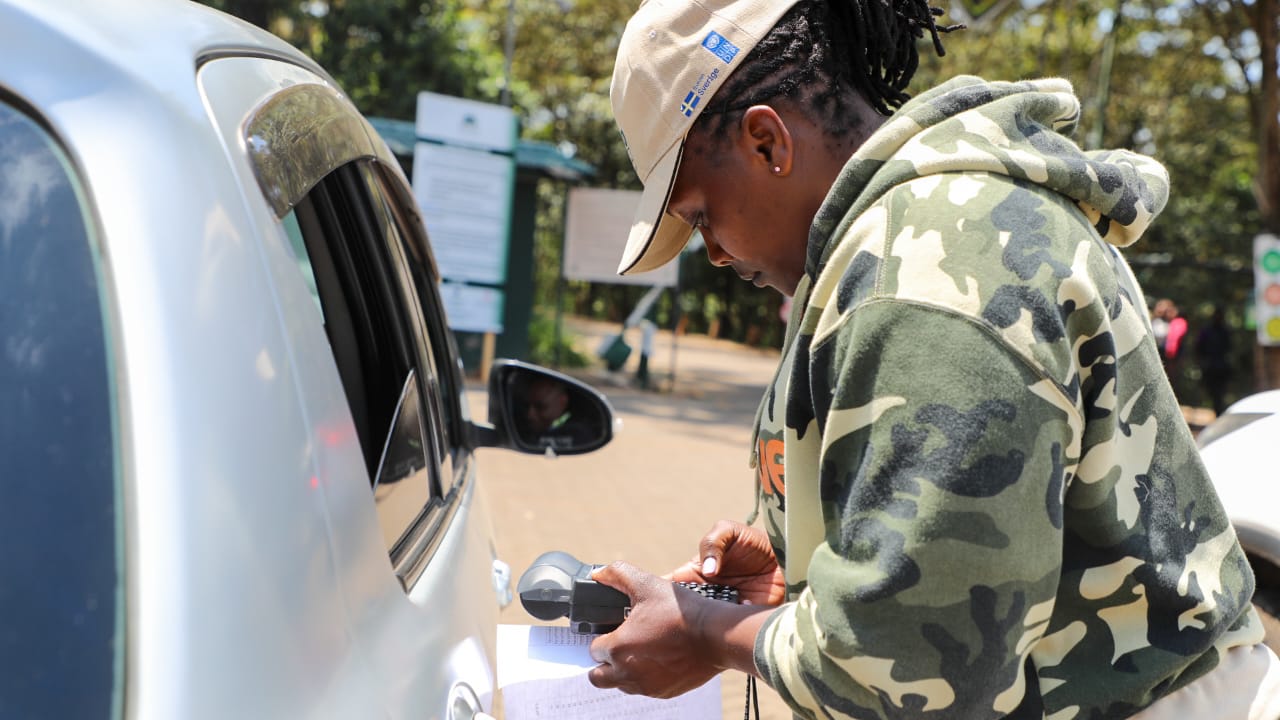TWV Team
Last Friday’s announcement by the Kenya Forest Service (KFS) of its unilateral decision to assume full control of all gate collections at Karura Forest has ignited a storm of concern among Kenyans. Led by the Friends of Karura Forest (FKF), a Community Forest Association (CFA), alongside the Green Belt Movement and a host of local stakeholders, Kenyans continue to voice their resentment over the state’s latest move.
To unlock the full article:
Choose one of the options below:
- Ksh 10 – This article only
- Ksh 300 – Monthly subscription
- Ksh 2340 – Yearly subscription (10% off)
The directive, communicated via social media, affects entry fees, parking charges, annual passes, and other services, and marks a decisive shift in the forest’s management. For over 15 years, Karura Forest has flourished under a joint-management agreement between KFS and FKF, a partnership that transformed the once-dangerous woodland into a beacon of community-led conservation.
In its statement, KFS declared that, effective Friday 29 August 2025, all payments for entry, parking, and related services at Karura Forest, including the Sigiria area, would be made exclusively through the government’s eCitizen platform (Paybill 222222). The service framed the move as compliance with the National Treasury Circular CAB/ADM.2A/6 Vol.1/(122), which requires government service payments to be channelled through official systems.
Alexander Lemarkoko, KFS CEO and Chief Conservator of Forests, attempted to reassure the public, insisting that operations at Karura would continue unchanged and that the long-standing relationship with the CFA would not be severed. “Be rest assured, the beautiful nature experiences you love will continue without disruption,” he said.
FKF staff were abruptly ordered out of the forest, their roles taken over by KFS personnel, while heavily armed police manned the entrances. This has raised concerns over the future role of FKF, which for years has overseen security, staffing, regeneration, and day-to-day management funded through gate collections.
The transition to eCitizen has also triggered fears about how funds will be allocated to sustain operations, as no replacement mechanism has been outlined. In addition, new charges, now subject to Value Added Tax (VAT) and processing fees, have pushed up costs, disproportionately affecting Kenyan citizens and children who have long benefited from subsidised entry.
FKF voiced its dismay, noting that no consultation preceded the decision. Secretary Kathreen Kariuki confirmed: “The Friends of Karura Forest were not consulted on these changes and have been instructed to withdraw their staff from the forest immediately.”
To many, the move feels like a betrayal of the vision of Karura’s Founder Patron, the late Nobel Laureate Prof. Wangari Maathai. Under her leadership, Karura became a global model for the benefits of community–government collaboration in conservation.
Visitor reactions online reveal widespread unease. One supporter, Peter Crispin, declared: “I have written to my MP in England calling for my Ambassador to ensure the legacy of Kenya’s Nobel Peace Prize winner endures.” Another, FKF life member Jane Parmley, posted: “I couldn’t even find Karura Forest on eCitizen! Can anybody enlighten me please?”
However, some have defended the government’s stance. On Facebook, Queen Shey argued: “Kiambu Road needs expansion. There must be a balance between reasonable progress and nature.” Her view reflects the growing tensions between urban development and environmental protection.
The Green Belt Movement warned that the takeover violates the Karura Forest Management Plan (2021–2041), which explicitly envisioned continued collaboration between state agencies and community stakeholders. Their statement cautioned that if Karura succumbs to bureaucratic control, other forests could face the same fate.
With more than 70,000 visitors each month, Karura Forest is one of Nairobi’s most treasured green spaces. Yet its atmosphere has shifted. One parent lamented after a recent visit: “It’s heartbreaking to see this place taxed so heavily. The atmosphere no longer feels safe, with armed KFS officers replacing the familiar, friendly rangers.”
As tensions rise, Karura’s future hangs in the balance. FKF and its supporters remain committed to preserving Prof. Maathai’s vision. Whether the forest continues as a model of community partnership or becomes another casualty of unchecked state control will be determined in the coming weeks.
One thing is clear: the fight for Karura Forest is far from over.





